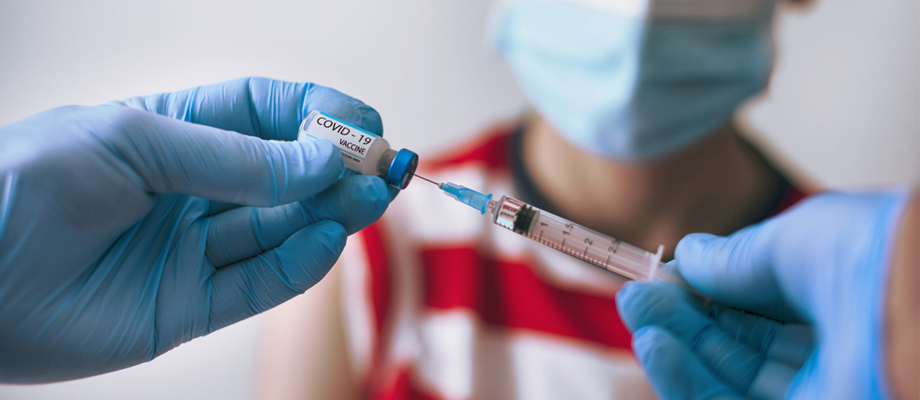
Twelve to sixteen-year-olds needed for Covid-19 booster vaccine study
November 4th, 2021
The university’s Health Service, at Cripps Medical Centre on University Park, is recruiting for a study looking at Covid-19 vaccine schedules in young people.
Experts are looking to recruit fifty 12-16-year-olds to find out how well they respond to two different doses of Covid-19 vaccine, and will then compare three different vaccines at different doses.
The aim is to find out if giving two doses of different vaccines produces as good an immune response as giving two doses of the same vaccine, in young people.
The study (Com-COV3) is part of the University of Oxford-led Com-COV (Comparing Covid-19 Vaccine Schedule Combinations) programme, which is funded by the Vaccines Taskforce and National Institute for Health Research (NIHR), and run across four NIHR-supported sites by the National Immunisation Schedule Evaluation Consortium.
Participants will either receive two Covid-19 vaccine doses in the study, in which case their first dose will be the Pfizer Covid-19 vaccine. Alternatively, those who have already received their dose of Pfizer through the NHS can be enrolled at the time of their second dose.
All participants will be randomly allocated at the time of the second dose to receive either a full or one-third dose of the Pfizer-BioNTech vaccine, a full dose of the Novavax vaccine or a half dose of the Moderna vaccine.
Participants will not know which vaccine they have received until four weeks after the second vaccination.
Professor Matthew Snape, Associate Professor in Paediatrics and Vaccinology at the University of Oxford, is Chief Investigator on the trial. He said: ‘This study will provide vital information on the range of options for immunising teenagers against Covid-19 in the UK.
“As well as looking at the standard two full doses of the Pfizer vaccine, we will look at how well volunteers respond when their second dose of Pfizer is one third that of the first dose, or if different vaccines are used altogether, such as the vaccines manufactured by Moderna or Novavax. This will provide the JCVI with information crucial to informing their advice about immunising teenagers in the UK.”
Experts hope to report initial results by December – if the results are promising, regulators MHRA and JCVI would formally assess the safety and efficacy of any new vaccination process before advising whether it is rolled out to patients.
Volunteers will need to be recruited during the first two weeks of November. People interested in taking part can find more information and details on how to sign up here.
Comments are closed.
Other

Need news? See you on SharePoint
After 14 years of service, Campus News is being retired as the university’s staff news platform. […]

Roads and car parks closed for refurbishing work
As part of ongoing road improvements at the university, works will be taking place to resurface […]

